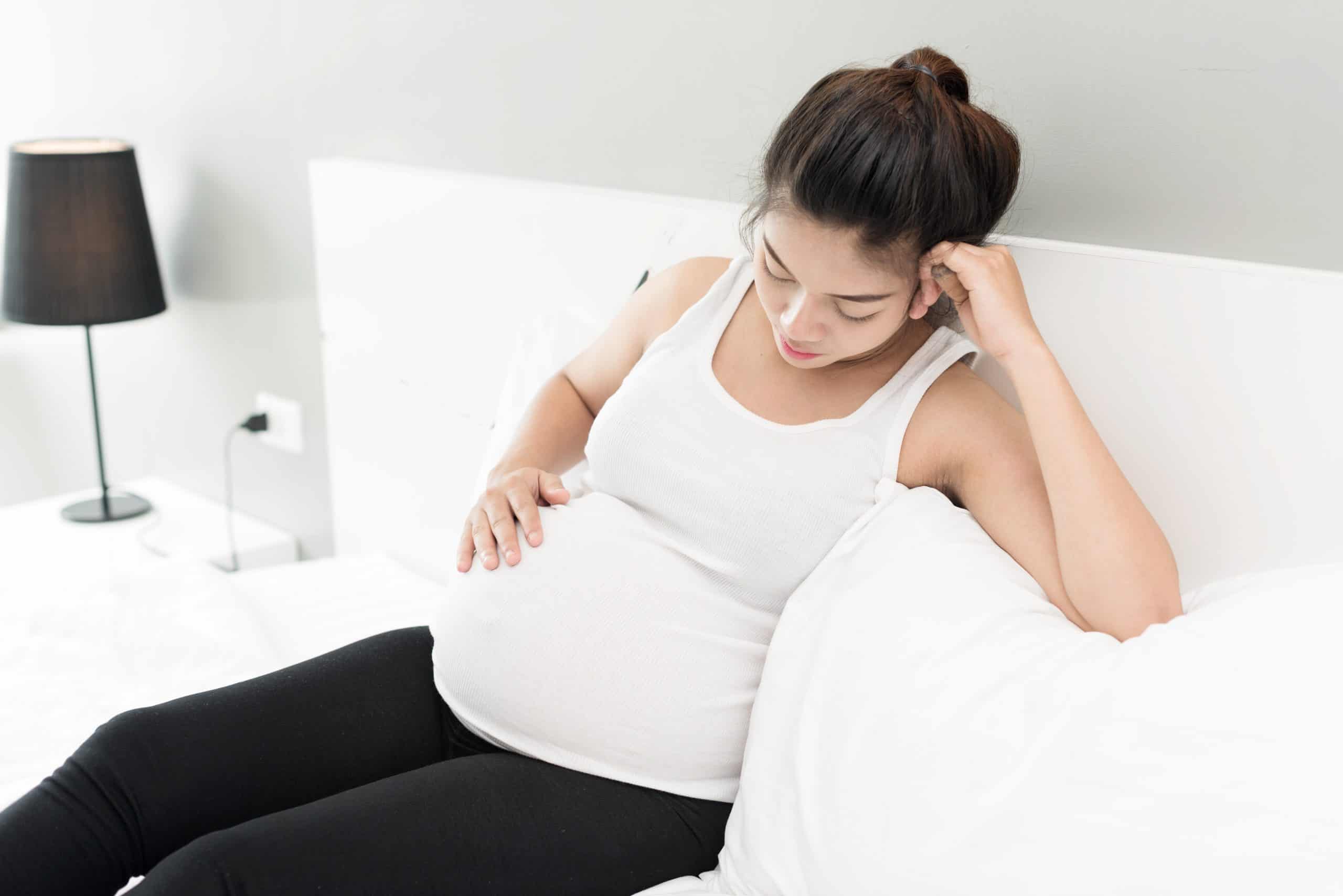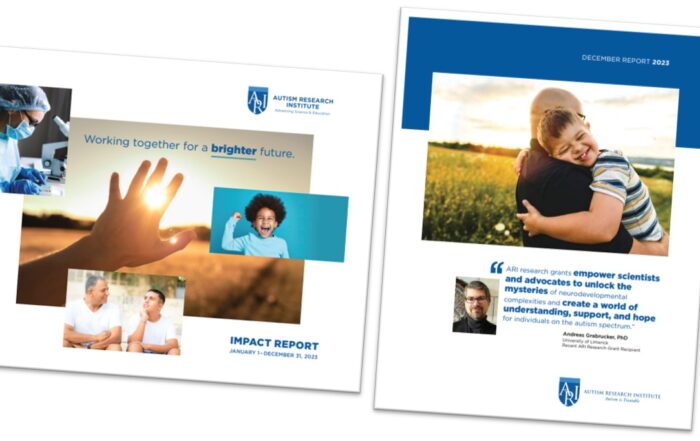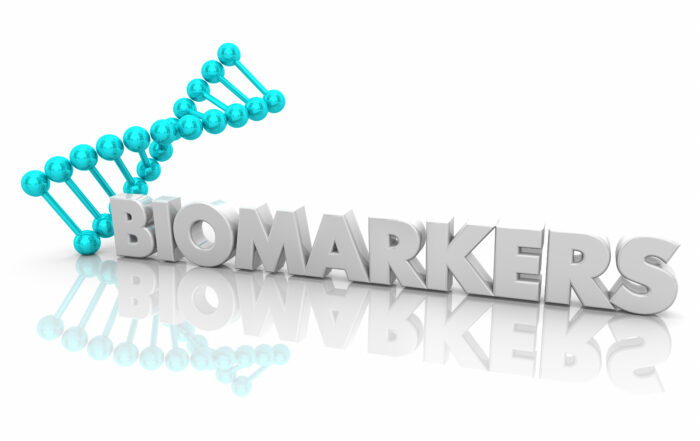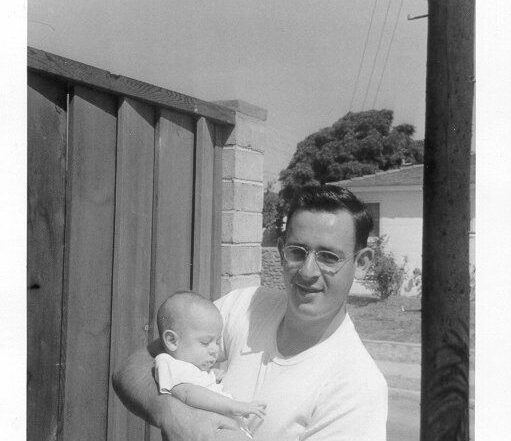Researchers at UC Davis report that they can accurately predict a mother’s risk of having a child with one particular subtype of autism spectrum disorder (ASD).
Alexandra Ramirez-Celis and colleagues focused on maternal autoantibody-related ASD (MAR-ASD), which accounts for approximately 20% of all cases of ASD. In this subtype of autism, a pregnant woman’s autoantibodies (which are antibodies directed against the body’s own proteins) react with her baby’s brain, altering its development.

Ramirez-Celis and colleagues analyzed plasma samples from 450 mothers of children with ASD and 342 mothers of neurotypical children to detect reactivity to eight different proteins that are abundant in the fetal brain. Using a machine learning algorithm, they identified three top autoantibody patterns associated with a diagnosis of MAR ASD: CRMP1+GDA, CRMP1+CRMP2 and NSE+STIP1.
“For example,” senior author Judy Van de Water says, “if the mother has autoantibodies to CRIMP1 and GDA (the most common pattern), her odds of having a child with autism [are] 31 times greater than the general population, based on this current dataset. That’s huge. There’s very little out there that is going to give you that type of risk assessment.” In addition, the researchers found that reactivity to CRMP1 in any of the top patterns significantly increases the likelihood of a child having severe autism.
The study’s authors conclude, “This is the first report that uses machine learning to identify a set of biomarkers that demonstrate an association with MAR-ASD with 100% accuracy.” They say their new findings could potentially lead to pre-conception testing for high-risk women—for instance, those who have previously had a child on the autism spectrum, those who are older than 35 years of age, or those with maternal risk factors associated with ASD (such as metabolic syndrome).
—
“Risk assessment analysis for maternal autoantibody-related autism (MAR-ASD): a subtype of autism,” Alexandra Ramirez-Celis, Martin Becker, Miriam Nuño, Joseph Schauer, Nima Aghaeepour, and Judy Van de Water, Molecular Psychiatry, January 22, 2021 (free online). Address: Judy Van de Water, Department of Internal Medicine, Division of Rheumatology, Allergy, and Clinical Immunology, One Shields Avenue, University of California, Davis, CA 95616, javandewater@ ucdavis.edu.
—and—
“Biomarkers in mother’s plasma predict a type of autism in offspring with 100% accuracy,” news release, UC Davis, January 25, 2021
This article originally appeared in Autism Research Review International, Vol. 35, No. 1, 2021
ARI’s Latest Accomplishments
Connecting investigators, professionals, parents, and autistic people worldwide is essential for effective advocacy. Throughout 2023, we continued our work offering focus on education while funding and support research on genetics, neurology, co-occurring medical
Biomarkers start telling us a story: Autism pathophysiology revisited
Learn about emerging research on biomarkers and autism from a recent ARI Research Grant recipient. This is a joint presentation with the World Autism Organisation. The presentation by Dr.
Editorial – Bernard Rimland’s Impact: Sixty Years Since the Publication of ‘Infantile Autism’
In this milestone year of 2024, the Autism Research Institute commemorates the 60th anniversary of Dr. Bernard Rimland’s groundbreaking work, Infantile Autism: The Syndrome and Its Implications for a Neural Theory of




